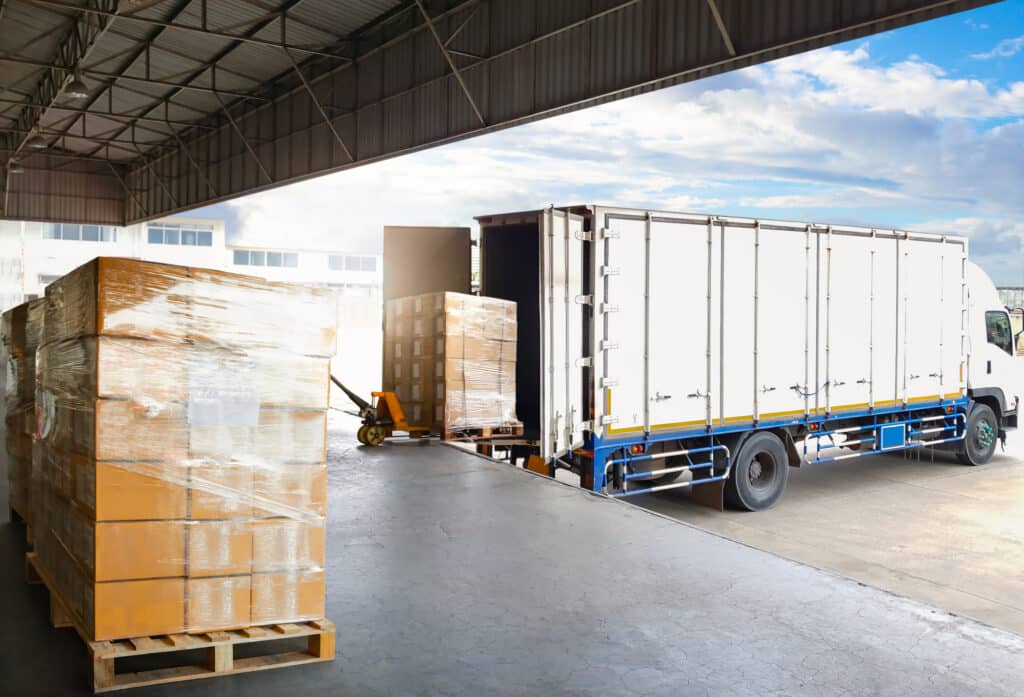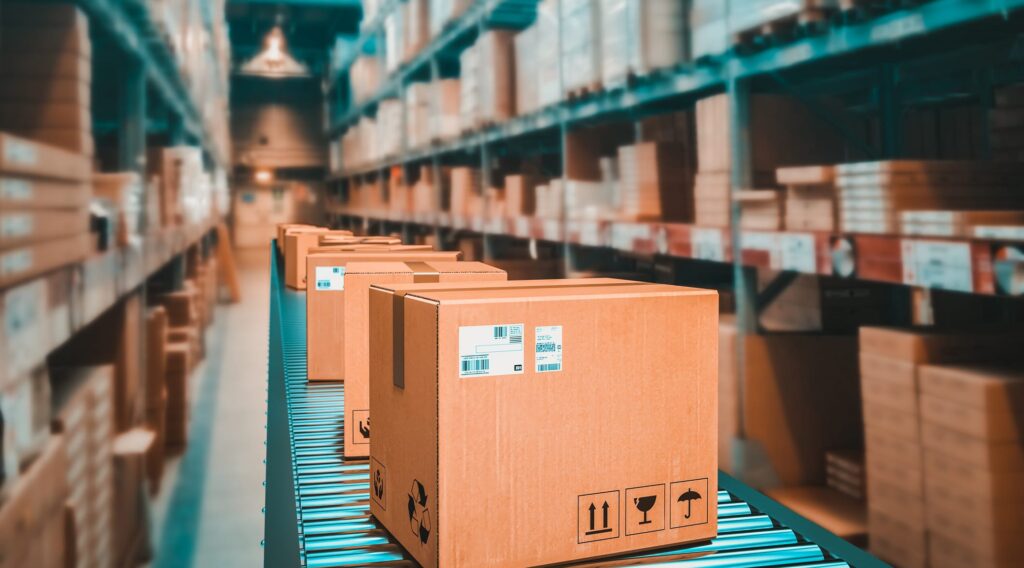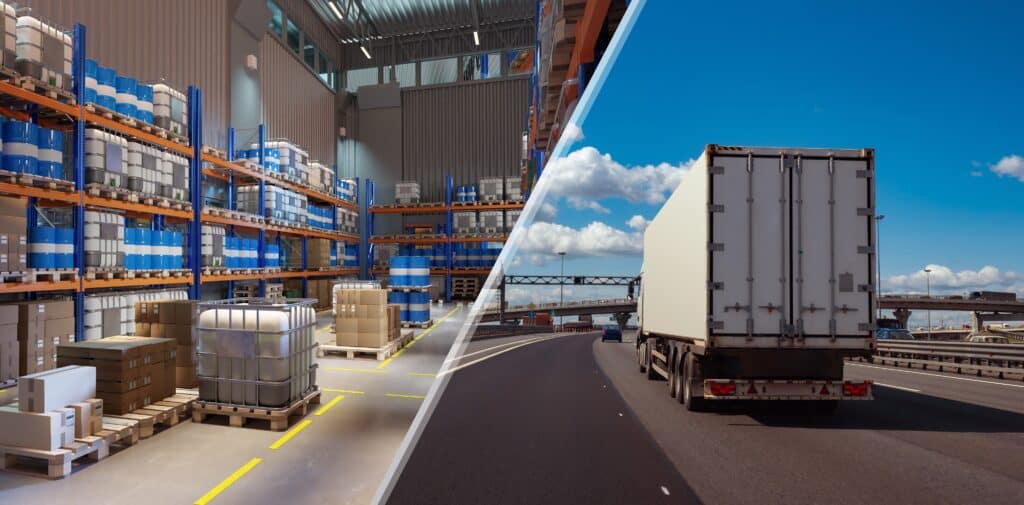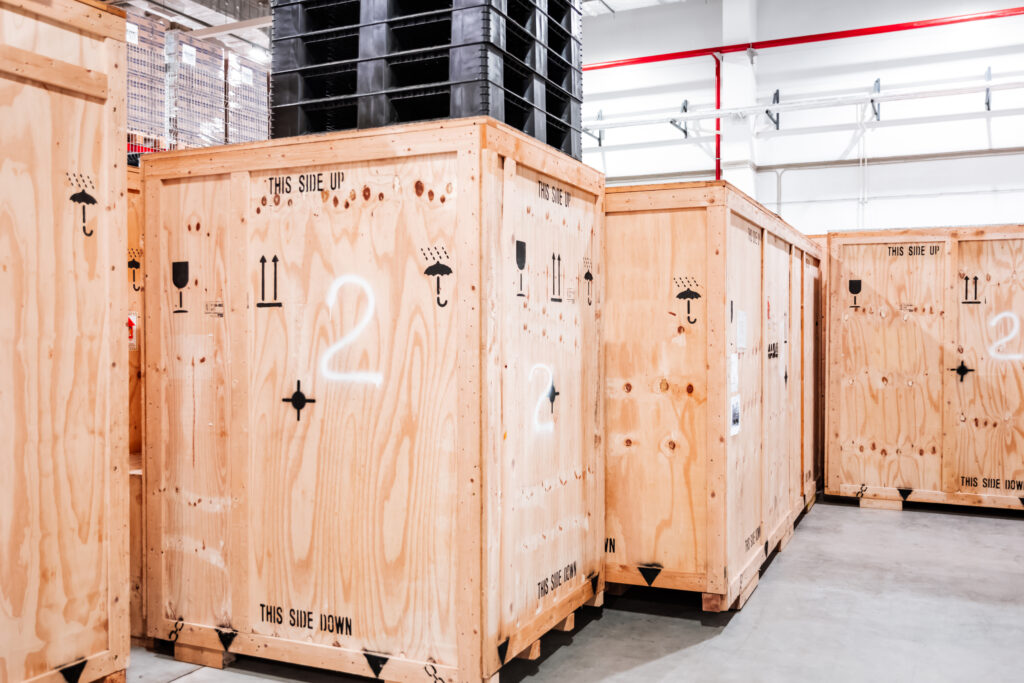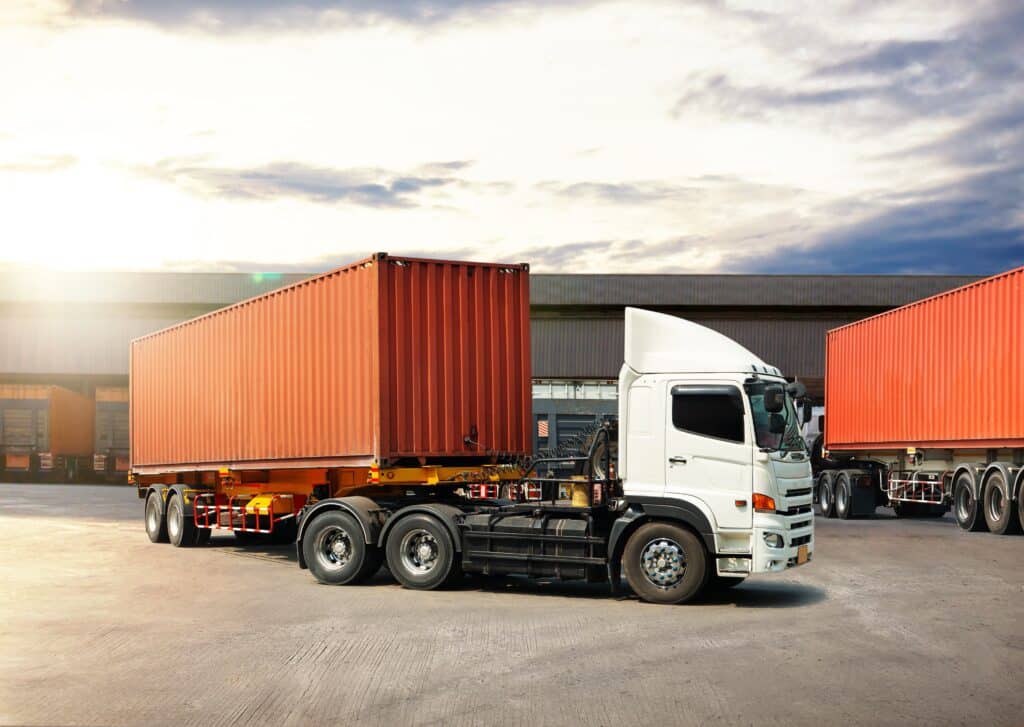Posts by ifsfreight
Most Common Types of Truck Loads for Freight Shipping
The success of shipping operations relies on more than just the route—it begins with selecting the right freight truck. Whether transporting temperature-sensitive food, oversized machinery, or everyday commercial goods, using the appropriate truck type can make all the difference in keeping cargo safe, secure, and on schedule. Below is a look at the most common…
Read MoreWhat is Consolidated Freight Shipping?
Consolidated freight shipping, often referred to as freight consolidation, is a transportation method where multiple smaller shipments from different shippers are combined into a single truckload, container, or cargo space. By combining shipments that are headed to the same destination or along the same route, this method optimizes logistics, reduces costs, and minimizes the environmental…
Read MoreWhat is a Freight RFP and Why Does Your Business Need One?
When it comes to shipping, every dollar counts. Managing freight shipping costs efficiently is crucial for successful logistics operations. One effective way for a shipper to ensure they work with the right freight carriers or logistics providers is through a Freight Request for Proposal (RFP). This formal process allows shippers to gather competitive bids, evaluate…
Read MoreWhat Are The Differences Between Logistics and Transportation?
Transport and logistics are terms that are often used interchangeably, but they refer to different functions when it comes to moving goods. While transportation is an important component of logistics, it’s important to understand that logistics is a broader process. To simplify, think of logistics as the entire system and transportation as one part…
Read MoreUnderstanding The Classification of Freight
When shipping goods, not all items are created equal. Whether it’s a stack of steel beams or a delicate piece of antique furniture, how those items are classified directly affects the cost and care they receive during transit. Enter freight class—a system that holds the key to understanding the balance between weight, size, and…
Read More5 Most Common Uses of Inbound Freight in Logistics
Every business relies on logistics to plan, organize, and manage the flow of goods, services, and information from the point of origin to the point of consumption. In logistics, inbound freight refers to bringing materials, products, or supplies into a business. This side of the supply chain is as important as outbound freight, as it…
Read MoreHow Much Does Cargo Insurance Cost and Is It Worth It?
When shipping goods, whether across the country or worldwide, there’s always a risk something could go wrong. The list of potential hazards is long, from natural disasters to accidents or theft. That’s where cargo insurance comes in. Cargo insurance protects your investment should the worst happen to your shipment in transit. But how…
Read MoreWhat Are The Differences Between A Common Carrier And A Dedicated Contract Carrier?
What is Full Truckload (FTL) in Logistics? When you need to move a large amount of goods at once, Full Truckload (FTL) shipping might be exactly what you’re looking for. Instead of sharing space with other shipments, FTL means your products have the whole truck to themselves. It’s a straightforward option for getting your large…
Read MoreFreight Forwarding: What Is It And What Are The Advantages?
Freight Forwarding: What Is It, and What Are The Advantages? Freight forwarding is a common term in logistics. But what exactly does it mean, and why should you consider using these services? If you’re involved in shipping goods locally or internationally, understanding freight forwarding can streamline your operations and save you time and money.…
Read MoreShipping vs Freight: Which One Is More Cost Effective?
Finding cost-effective logistics solutions is important for controlling costs. Understanding the differences between parcel shipping and freight shipping, and their cost implications, can help make an informed choice. Understanding Parcel and Freight Shipping Parcel Shipping: Parcel shipping refers to transporting smaller packages, typically under 150 lbs, through carriers like UPS, FedEx, or DHL. This method…
Read More

